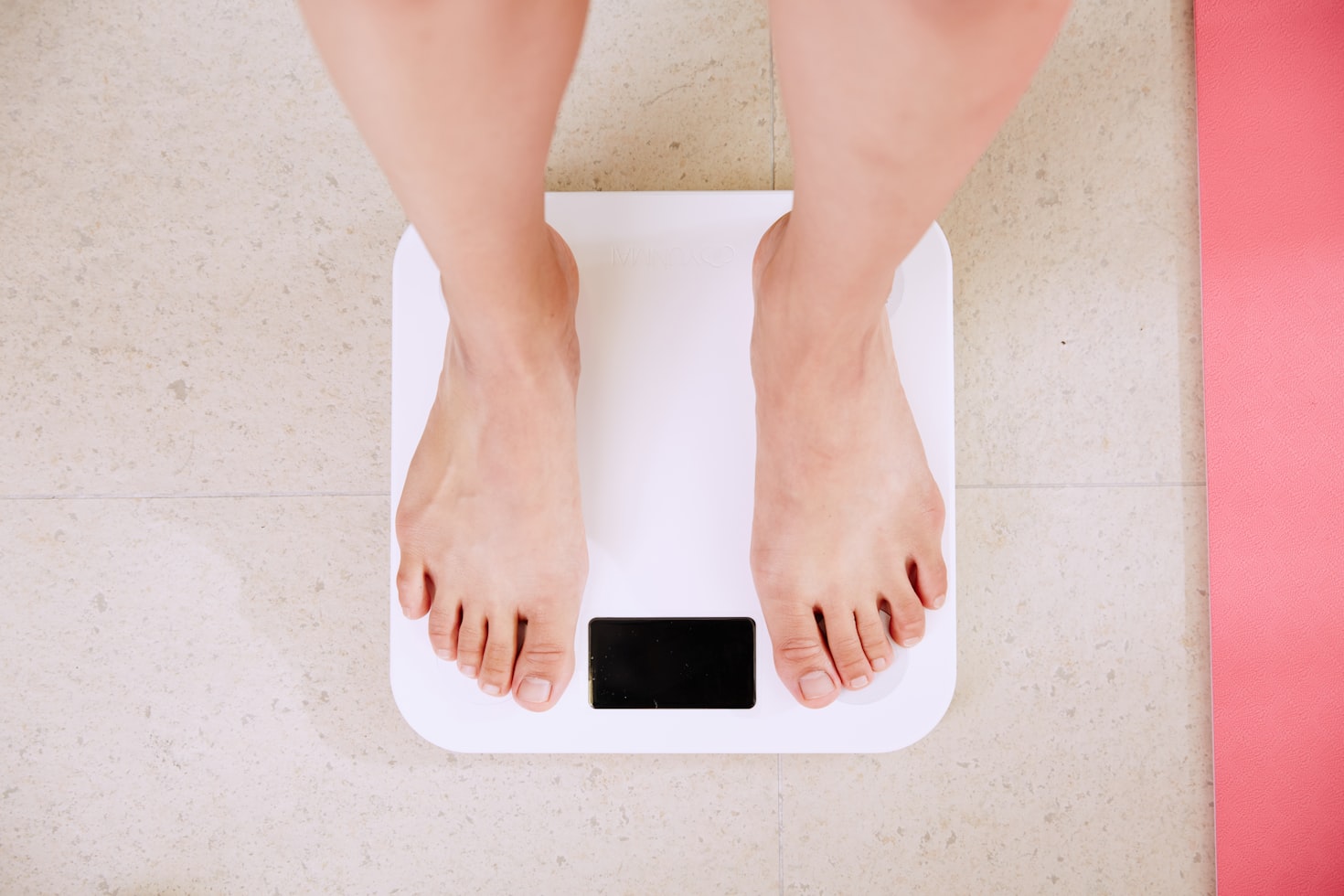How To Check If You Are In Ketosis
Following a ketogenic diet has gained popularity in recent years due to its potential health benefits, including weight loss, improved mental clarity, and increased energy levels. The ketogenic diet involves consuming a high-fat, low-carbohydrate, and moderate-protein diet, which forces the body to enter a metabolic state called ketosis. Ketosis occurs when the body starts using fat as its primary source of fuel instead of carbohydrates. While the ketogenic diet can be effective for many individuals, it is essential to know if you are in ketosis to ensure you are on the right track. In this article, we will explore various methods to check if you are in ketosis and provide valuable insights to help you monitor your progress.
1. Measuring Ketone Levels in Blood
One of the most accurate ways to determine if you are in ketosis is by measuring the levels of ketones in your blood. Ketones are produced when the body breaks down fat for energy. The most common ketone bodies are beta-hydroxybutyrate (BHB), acetoacetate (AcAc), and acetone. To measure ketone levels, you can use a blood ketone meter, which requires a small prick on your finger to obtain a blood sample. The meter then provides a reading of your ketone levels in millimoles per liter (mmol/L).
Typically, a reading of 0.5 mmol/L or higher indicates that you are in ketosis. However, it is important to note that individual responses to the ketogenic diet may vary, and some people may achieve optimal ketosis at higher levels.
2. Testing Ketones in Urine
Another method to check if you are in ketosis is by testing the ketone levels in your urine. This method is more affordable and accessible than blood testing but may not be as accurate. When the body is in ketosis, excess ketones are excreted through urine. Ketone urine test strips, also known as ketone sticks, can be used to measure the presence of ketones in your urine.
However, it is important to note that urine ketone levels may not always reflect the current state of ketosis accurately. As your body adapts to the ketogenic diet, it becomes more efficient at utilizing ketones, resulting in fewer ketones being excreted through urine. Therefore, urine testing may be more useful for individuals who are new to the ketogenic diet.
3. Breath Ketone Testing
Breath ketone testing is another non-invasive method to check if you are in ketosis. When the body is in ketosis, it produces a specific type of ketone called acetone, which can be detected in your breath. Breath ketone meters, such as Ketonix, measure the levels of acetone in your breath and provide an indication of your ketone levels.
While breath ketone testing is convenient and non-invasive, it may not be as accurate as blood testing. Factors such as hydration levels and individual variations can affect the accuracy of breath ketone measurements. However, it can still serve as a useful tool for monitoring your progress on the ketogenic diet.
4. Monitoring Physical Symptoms
Aside from measuring ketone levels, you can also monitor physical symptoms to determine if you are in ketosis. When the body transitions into ketosis, it may exhibit certain signs that indicate the metabolic shift. Some common physical symptoms of ketosis include:
- Increased thirst and dry mouth
- Increased energy levels
- Decreased appetite
- Weight loss
- Mental clarity and improved focus
- Increased ketone breath odor
While these symptoms can provide some indication of ketosis, they are not definitive proof. It is important to combine physical symptoms with other testing methods to get a more accurate assessment of your ketone levels.
5. Tracking Macros and Food Intake
Another way to check if you are in ketosis is by tracking your macronutrient intake and food choices. The ketogenic diet typically requires consuming high amounts of healthy fats, moderate protein, and minimal carbohydrates. By diligently tracking your macros and ensuring you are within the recommended ranges, you can increase the likelihood of being in ketosis.
There are various mobile apps and online tools available that can help you track your macronutrient intake and calculate your daily carbohydrate, protein, and fat ratios. By consistently following the recommended macronutrient ratios, you can optimize your chances of achieving and maintaining ketosis.
6. Consulting with a Healthcare Professional
If you are unsure about whether you are in ketosis or have specific health concerns, it is always advisable to consult with a healthcare professional. They can provide personalized guidance and may recommend additional tests or monitoring methods to assess your ketone levels accurately.
Frequently Asked Questions (FAQ)
1. How long does it take to enter ketosis?
The time it takes to enter ketosis can vary from person to person. Generally, it takes around 2-7 days of following a strict ketogenic diet to enter ketosis. However, factors such as individual metabolism, activity levels, and carbohydrate intake can influence the time it takes to achieve ketosis.
2. Can I be in ketosis without losing weight?
Yes, it is possible to be in ketosis without experiencing significant weight loss. While weight loss is a common benefit of the ketogenic diet, individual responses may vary. Factors such as calorie intake, exercise levels, and overall health can influence weight loss on a ketogenic diet.
3. Can I be in ketosis if I consume too much protein?
Consuming excessive amounts of protein can potentially hinder ketosis. The ketogenic diet emphasizes moderate protein intake to prevent the body from converting excess protein into glucose through a process called gluconeogenesis. It is important to strike a balance between fat, protein, and carbohydrate intake to maintain ketosis.
4. Can ketosis be harmful to my health?
Ketosis is generally considered safe for most individuals. However, it is important to follow a well-formulated ketogenic diet and consult with a healthcare professional if you have any underlying health conditions. Additionally, prolonged and extreme ketosis, such as in the case of certain medical conditions, may have potential risks and should be monitored closely.
5. Can I test for ketosis while on a low-carbohydrate diet?
While a low-carbohydrate diet may result in some degree of ketosis, it may not be as profound as the state achieved through a strict ketogenic diet. Testing methods such as blood ketone meters or breath ketone testing can still provide insights into your ket





